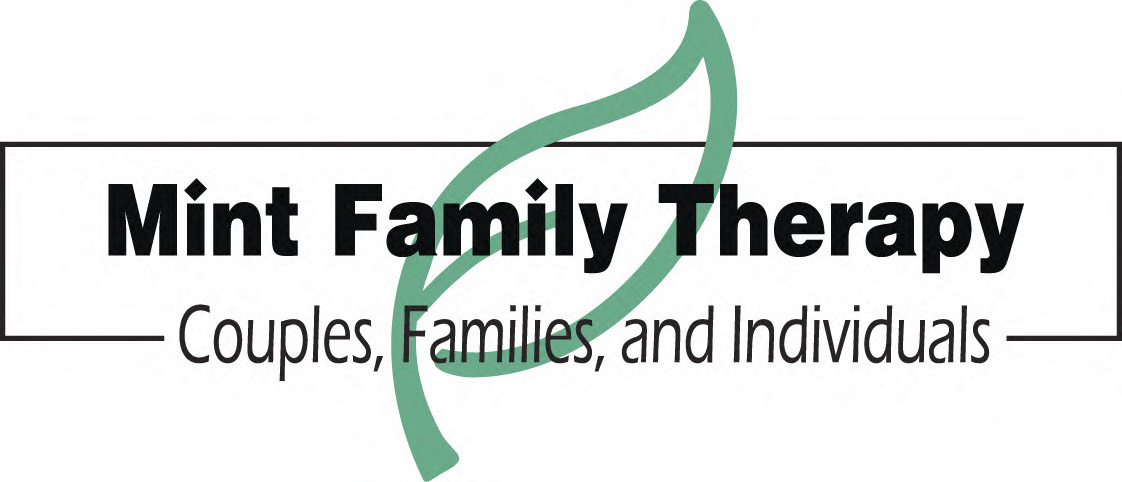When Love Languages Go Wrong
Why speaking the same “language” doesn’t always mean love is being felt, or safe.
By Kevin B. Smith, LMFT
For years, we’ve heard about the Five Love Languages—acts of service, physical touch, quality time, words of affirmation, and receiving gifts. They’ve become a common tool for helping couples understand how to give and receive love in meaningful ways. And for many people, they’ve been helpful.
But here’s something we don’t talk about enough:
Love languages can go wrong.
Not because the concept is broken, but because we are human, and humans bring trauma, fear, survival strategies, and unmet emotional needs into how we love. So even if you’re “speaking their language,” it might not be love they’re hearing. It might be pressure, performance, or panic.
Love Languages vs. Survival Strategies
In my therapy model, Relational Connecting Therapy (ReCT), we look at how early experiences, attachment styles, and emotional regulation shape how we relate. Through that lens, I created a framework called Adult Relational Styles (ARS)—and when I compared those styles to the five love languages, something became clear:
The same love language can show up in both a secure connection and relational distress.
In other words, love languages aren’t just preferences. They can also become coping mechanisms, driven by fear instead of freedom.
When Each Love Language Gets Twisted
💬 Words of Affirmation
Secure: Encouraging and uplifting words that remind someone of their value.
Distressed: Constant reassurance-seeking. Love becomes dependent on hearing “I love you” every day or multiple times a day.
“If you don’t say it, I don’t believe it.”
Often linked to anxious attachment or emotional flooding.
🛠️ Acts of Service
Secure: Thoughtful actions that support and care for someone.
Distressed: Love becomes conditional. Service is used to gain control or prove worth.
“Look at everything I do for you—why don’t you love me more?”
Often tied to perfectionism, control issues, or transactional relationships.
🎁 Receiving Gifts
Secure: Giving or receiving thoughtful tokens of love.
Distressed: Gifts are used to compensate for emotional absence or to gain approval.
“If I buy you something, maybe you won’t notice how far away I feel emotionally.”
Often connected to avoidant patterns or the need for external validation.
🕰️ Quality Time
Secure: Intentional time spent together to build intimacy.
Distressed: Becomes a demand or an emotional lifeline. Space is seen as rejection.
“If you really loved me, you’d want to spend every moment with me.”
Often tied to enmeshment, panic, or fear of abandonment.
🤝 Physical Touch
Secure: Affectionate, mutual, and comforting.
Distressed: Used to replace emotional intimacy, or manipulated to keep someone close.
“If we’re close physically, maybe I can ignore how far apart we really feel.”
Often seen in chaotic relationships or fear-based intimacy cycles.
What This Means
If you’ve ever said, “I’m doing everything they say they need, but it still doesn’t work,” you’re not alone.
You’re likely running into the deeper emotional patterns beneath the surface.
In ReCT, we talk about Relational Output States—the emotional core from which someone operates. If a person is rooted in comfort, confidence, and capability, love languages can feel clear and connected. But if they’re functioning out of panic, pain, or powerlessness, those same love languages can be twisted by survival mechanisms.
Sometimes people don’t need more of their love language. They need help healing, but they fear not receiving it in the first place.
What to Try Instead
Get curious about what the love language means to them.
“What does it feel like when I don’t say it?”
“What happens in you when we spend time apart?”Notice your own expectations.
Are you giving love to connect, or to control an outcome?Pay attention to emotional state, not just behavior.
Are they calm, grounded, and secure, or are they flooded, afraid, and reactive?Look for deeper relational patterns.
Are you trying to speak a love language in a relationship that’s rooted in survival, not safety?
Final Thought
Love languages are a great starting point.
But they don’t explain why love sometimes gets distorted—or why you might be doing all the “right” things and still feel distant.
The goal isn’t just to speak someone’s love language.
It’s to build a relationship where love is no longer filtered through fear.
That’s not just romantic.
That’s what healing looks like.
Kevin B. Smith, LMFT, is the creator of Relational Connecting Therapy (ReCT) and the author of Just Pick Me, a book about healing the ache of feeling unchosen. He works with couples, individuals, and families who are ready to move from relational survival to secure connection.
